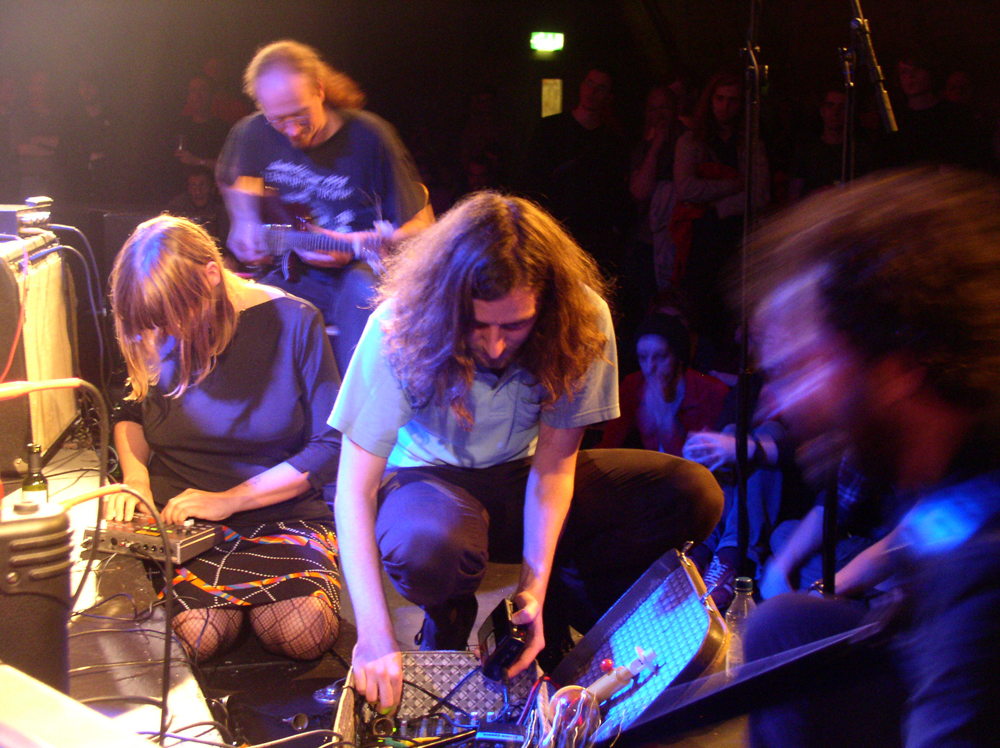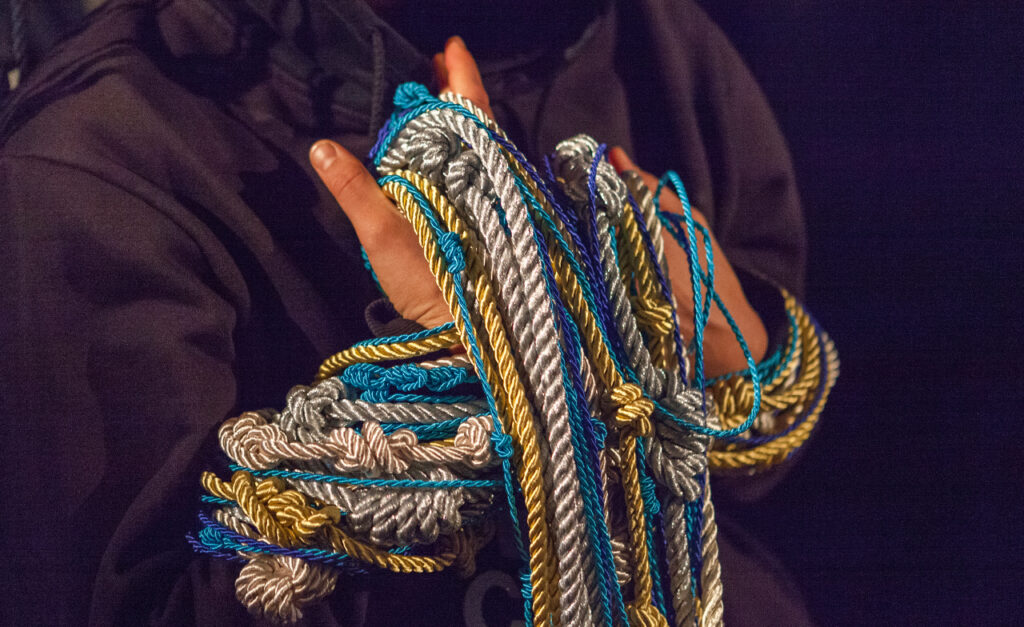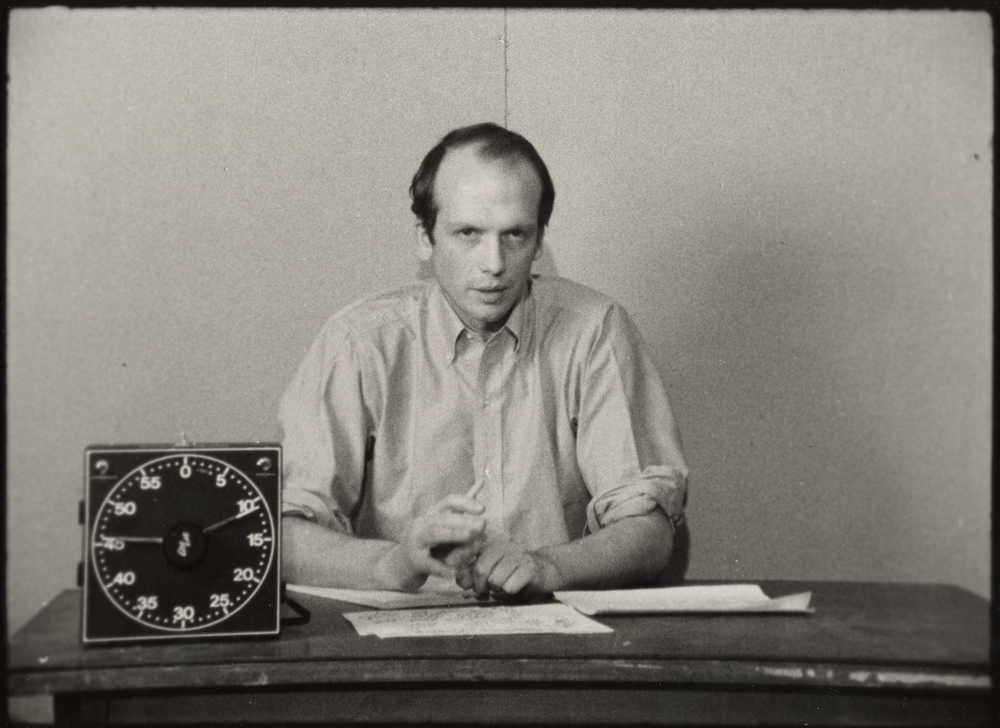
No Total
Amalle Dublon Arias Abbruzzi Davis Constantina Zavitsanos Emma Hedditch Jordan Lord Morgan Bassichis
Three days of discussions, performances, actions, dancing and food – continuing No Total’s ongoing contemplation of ways of being together and the ways Arika have been entangled in those, ever since Episode 4.












